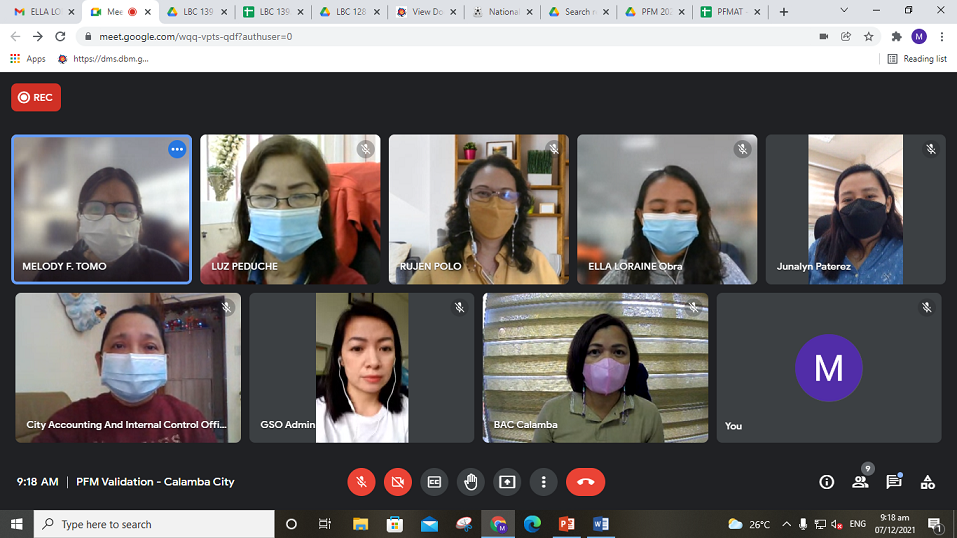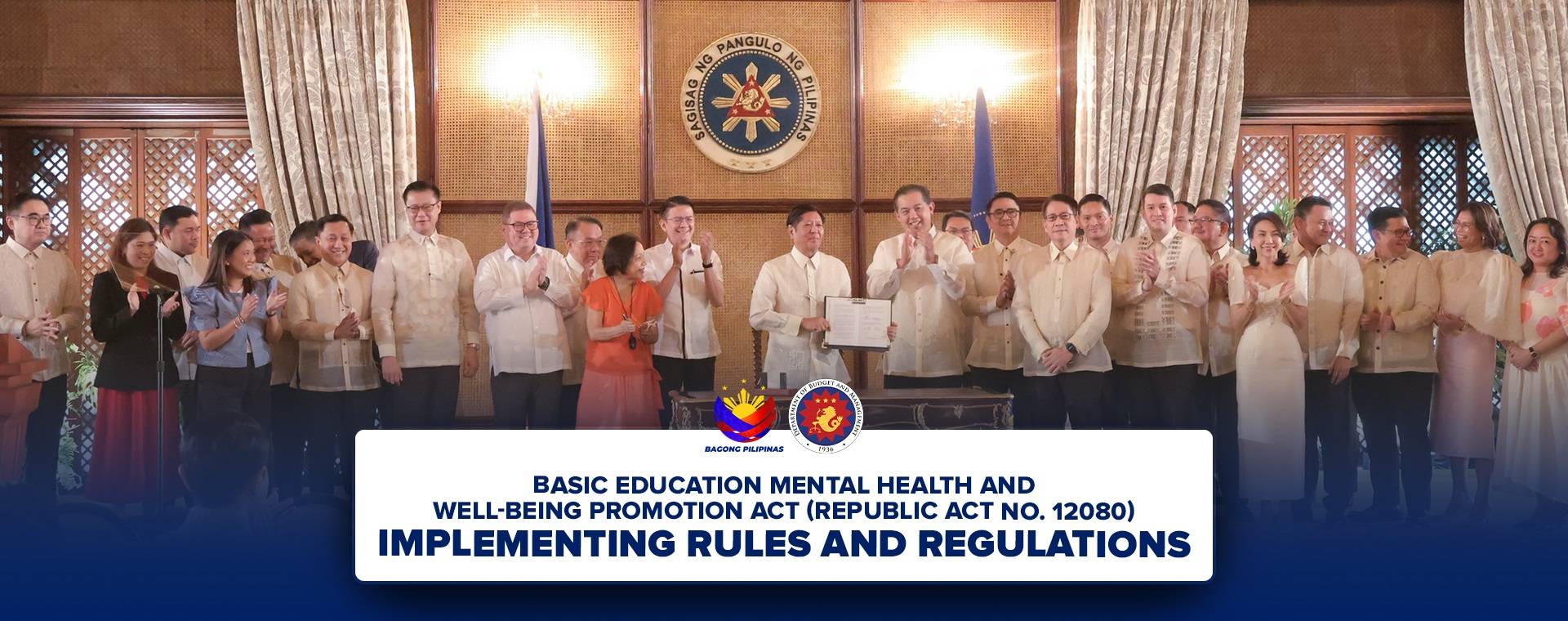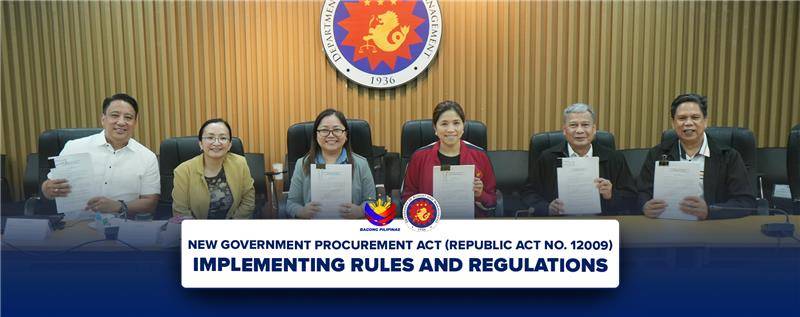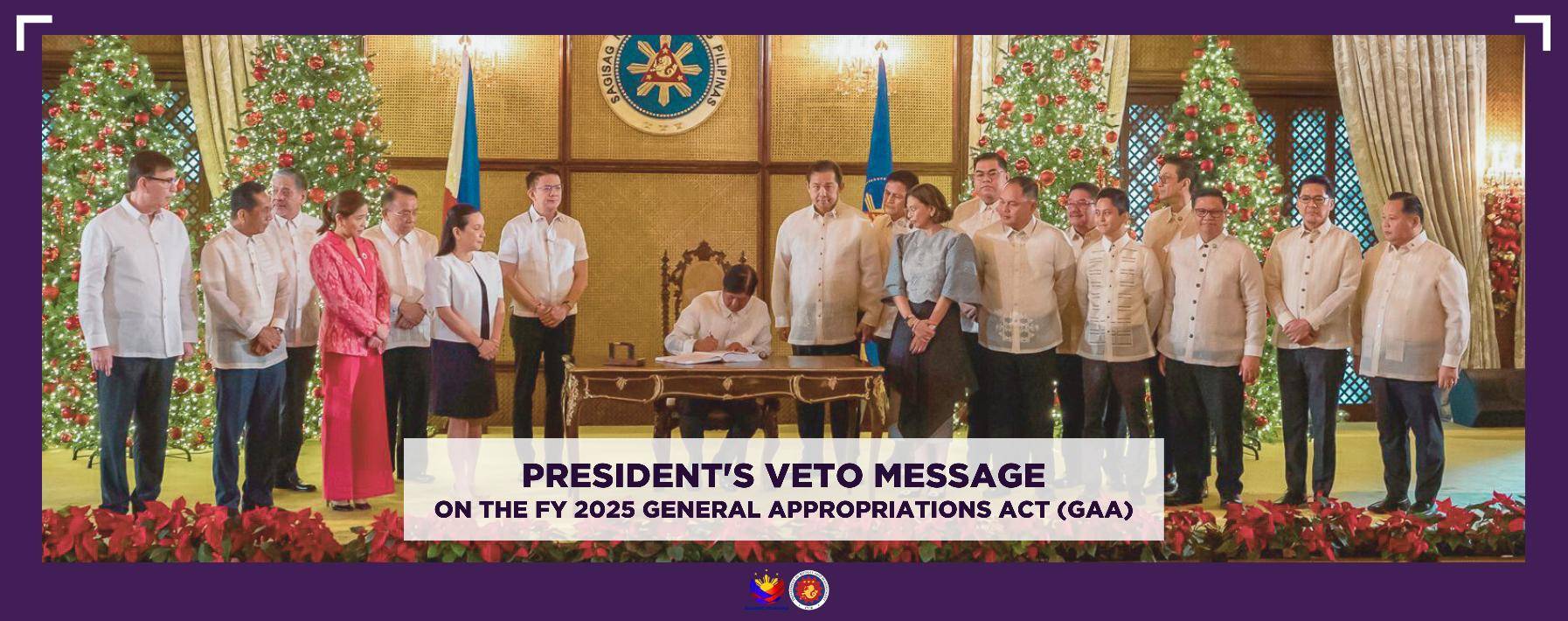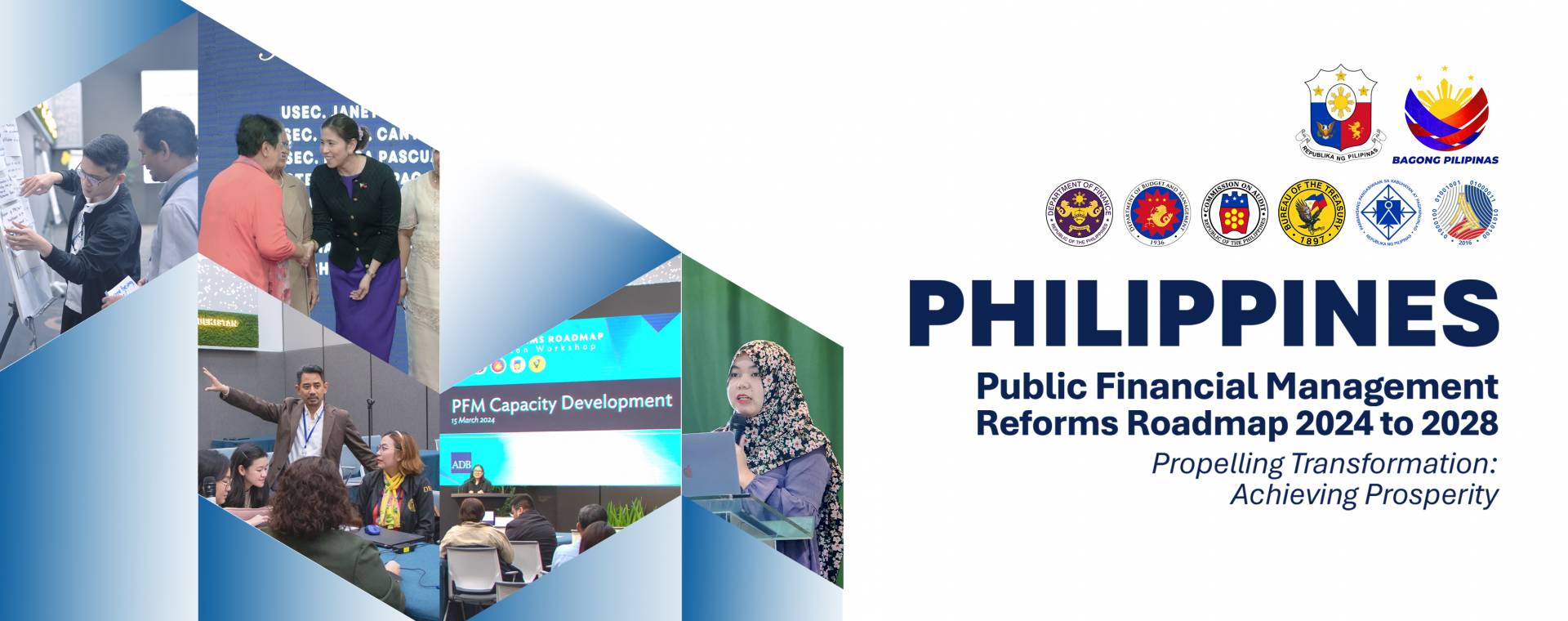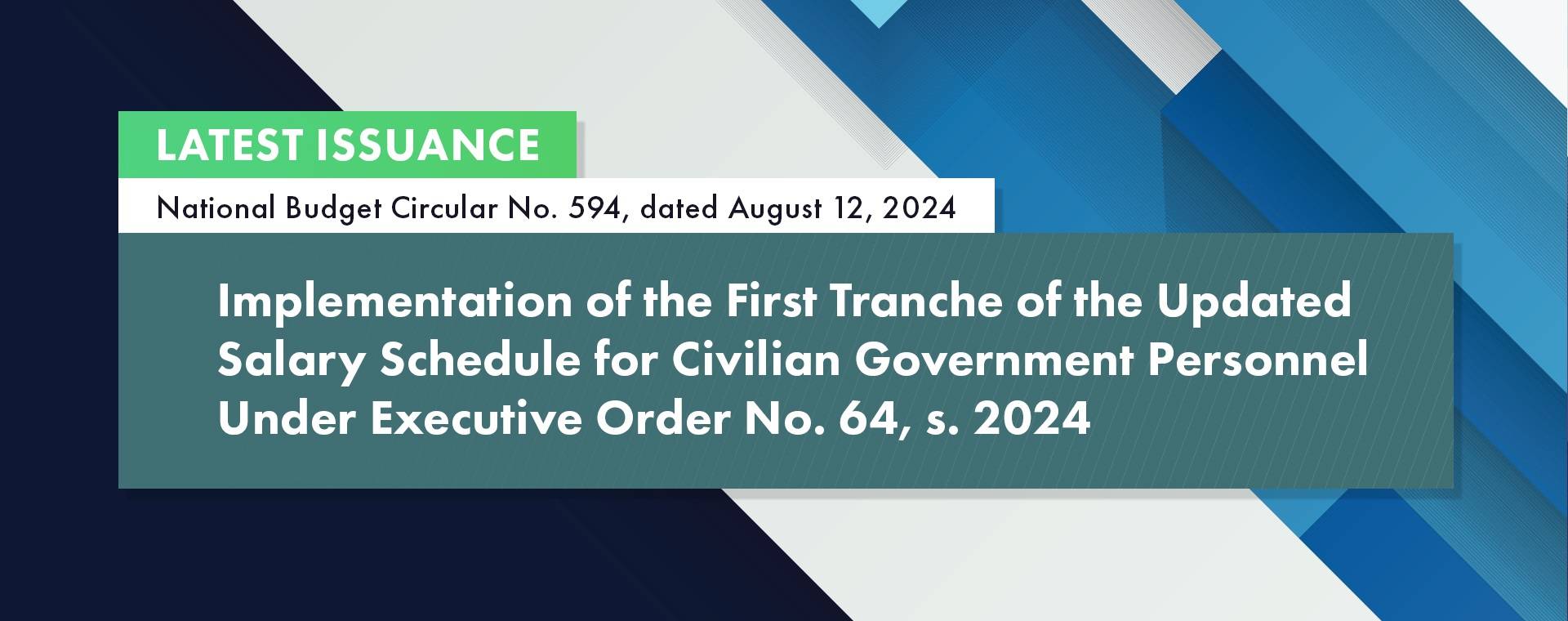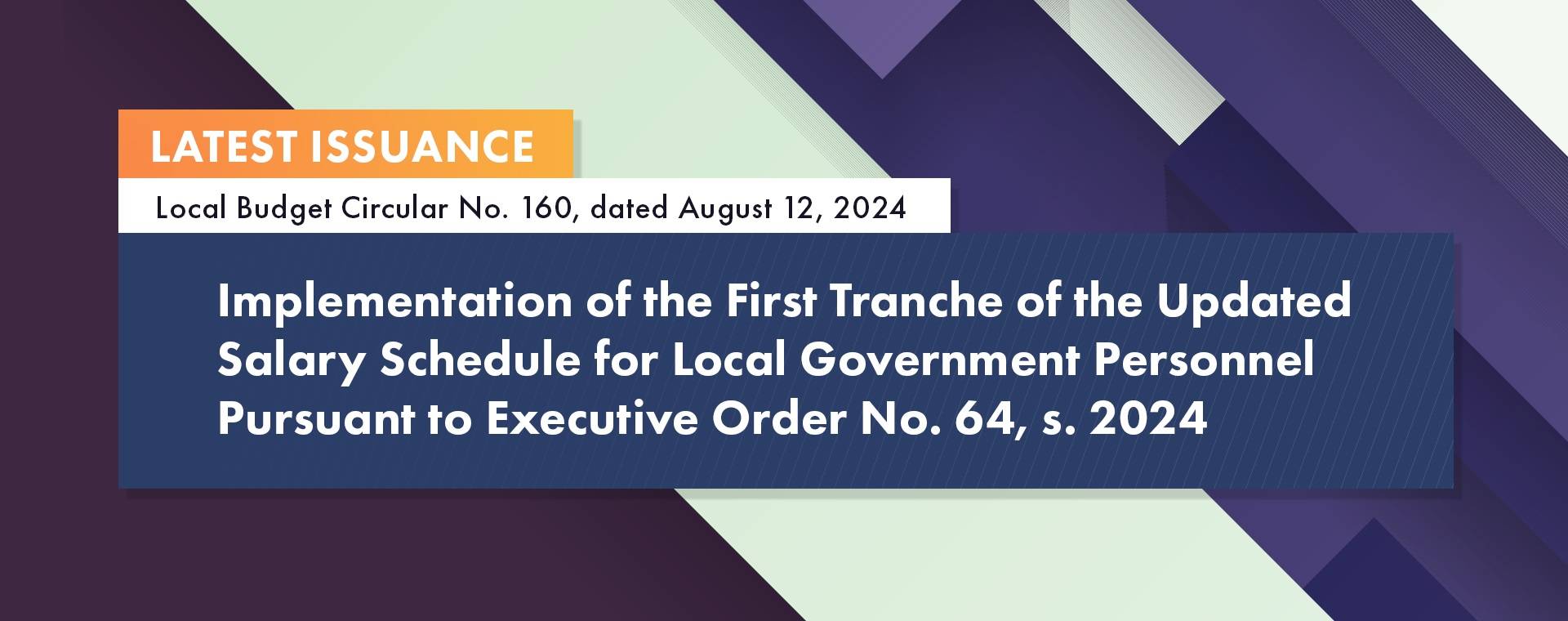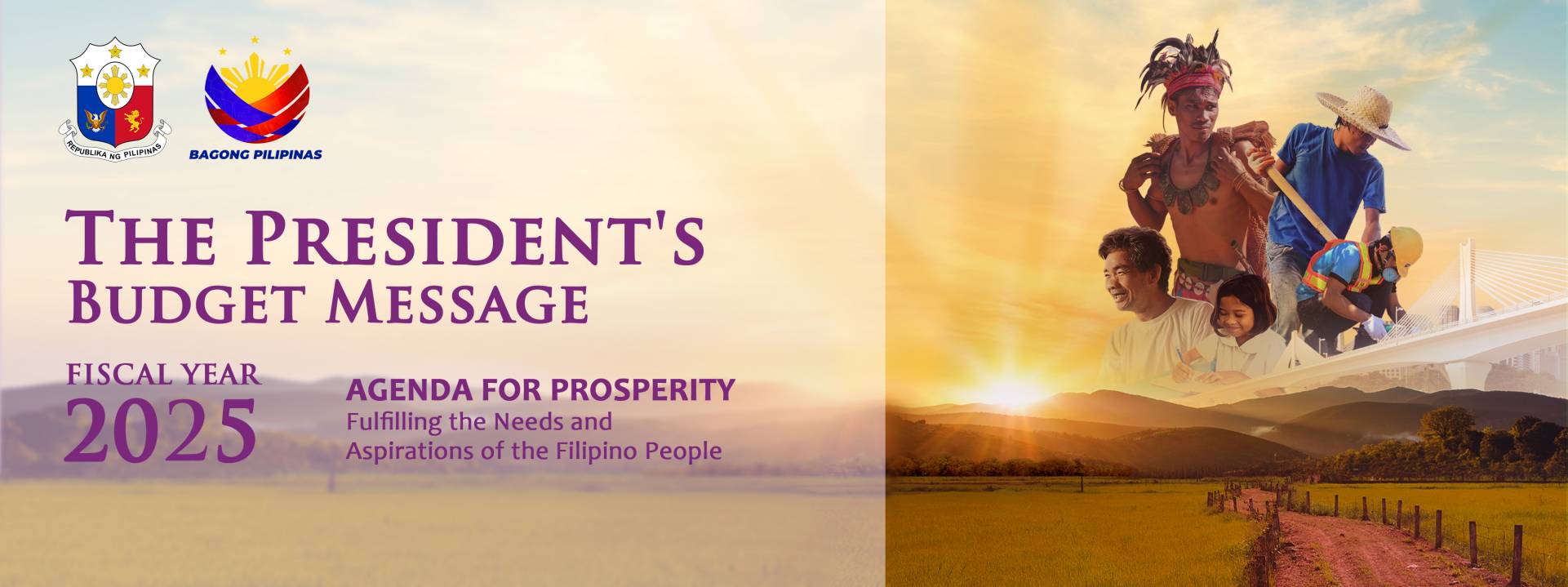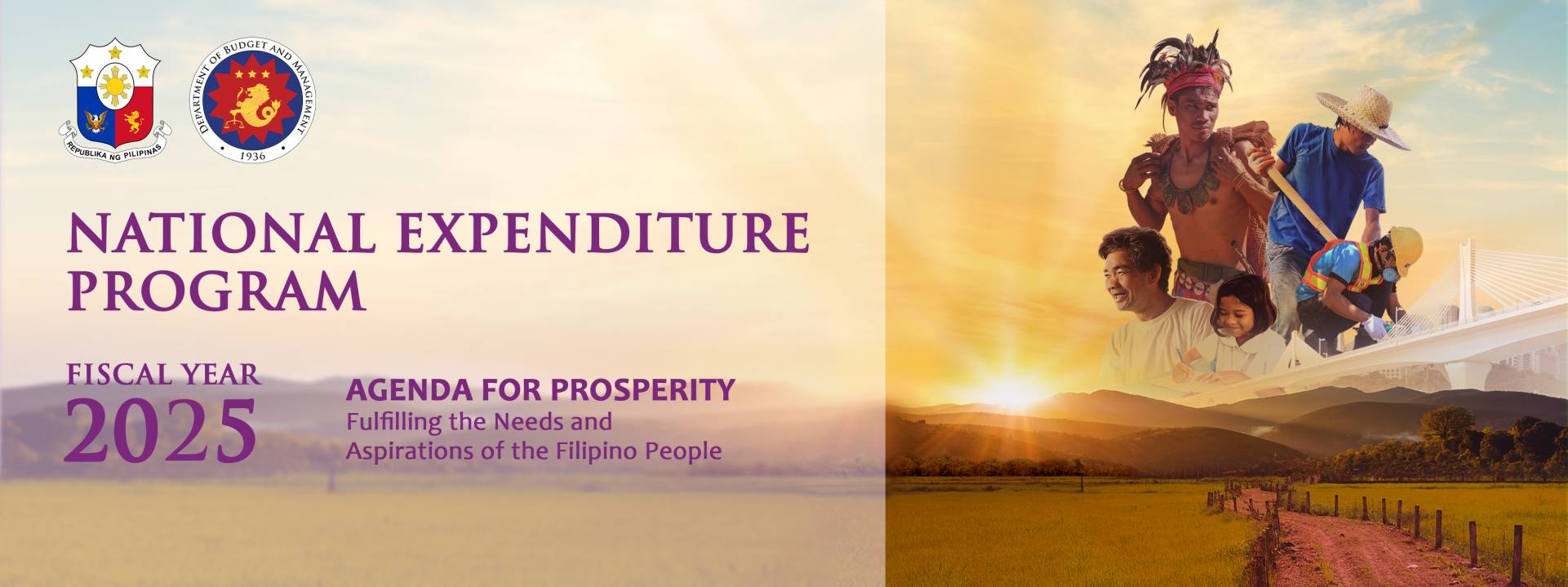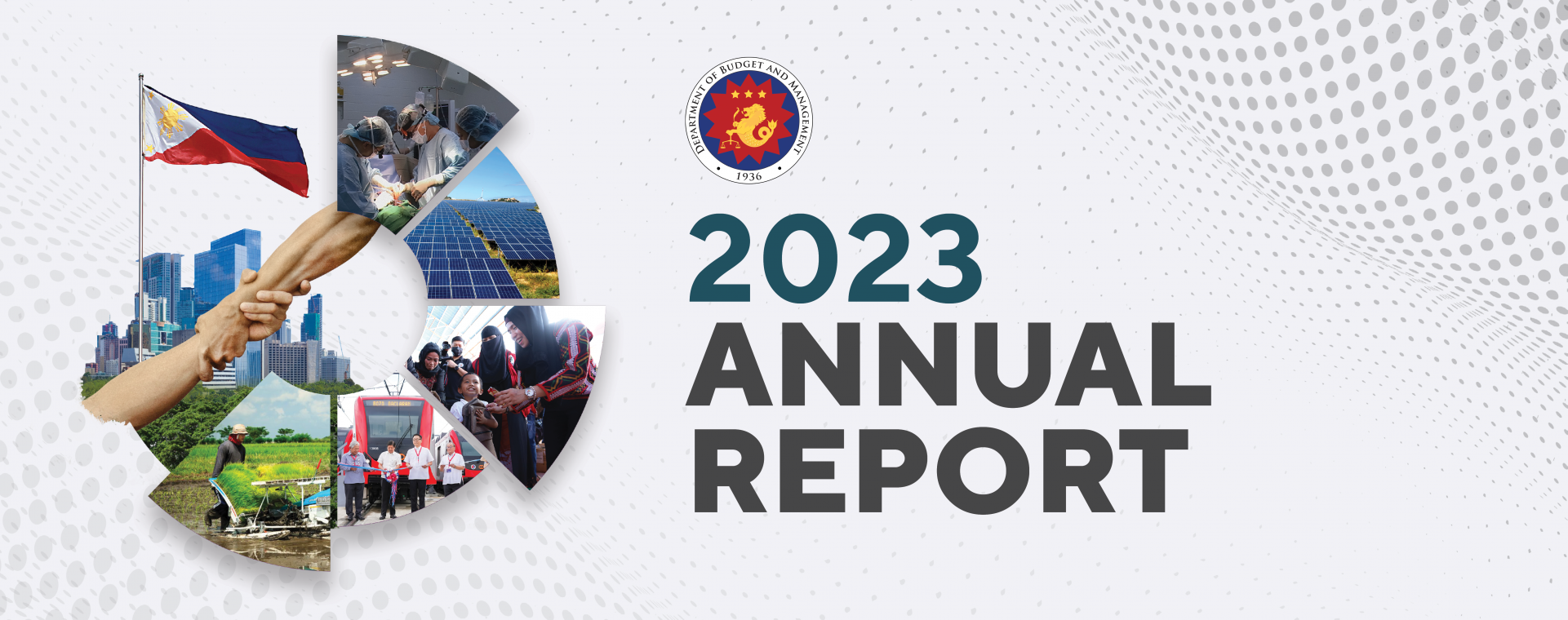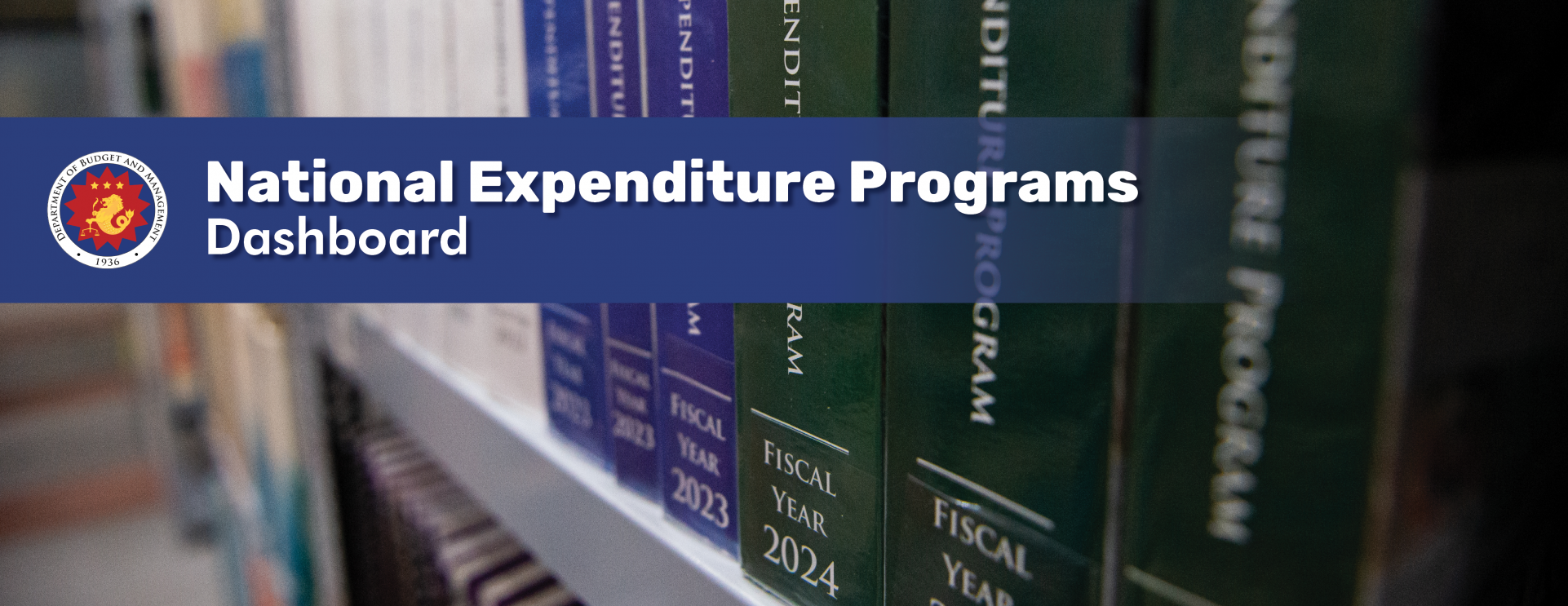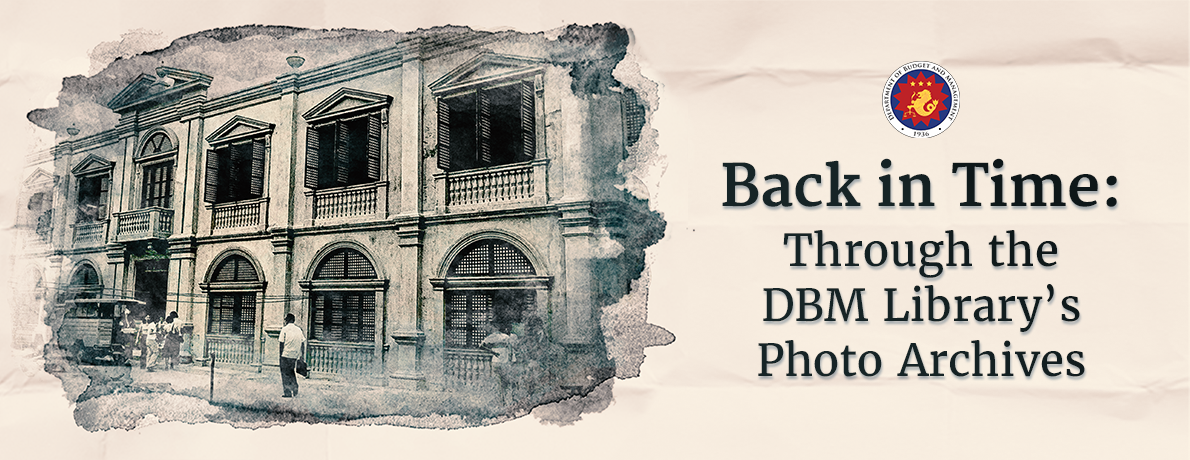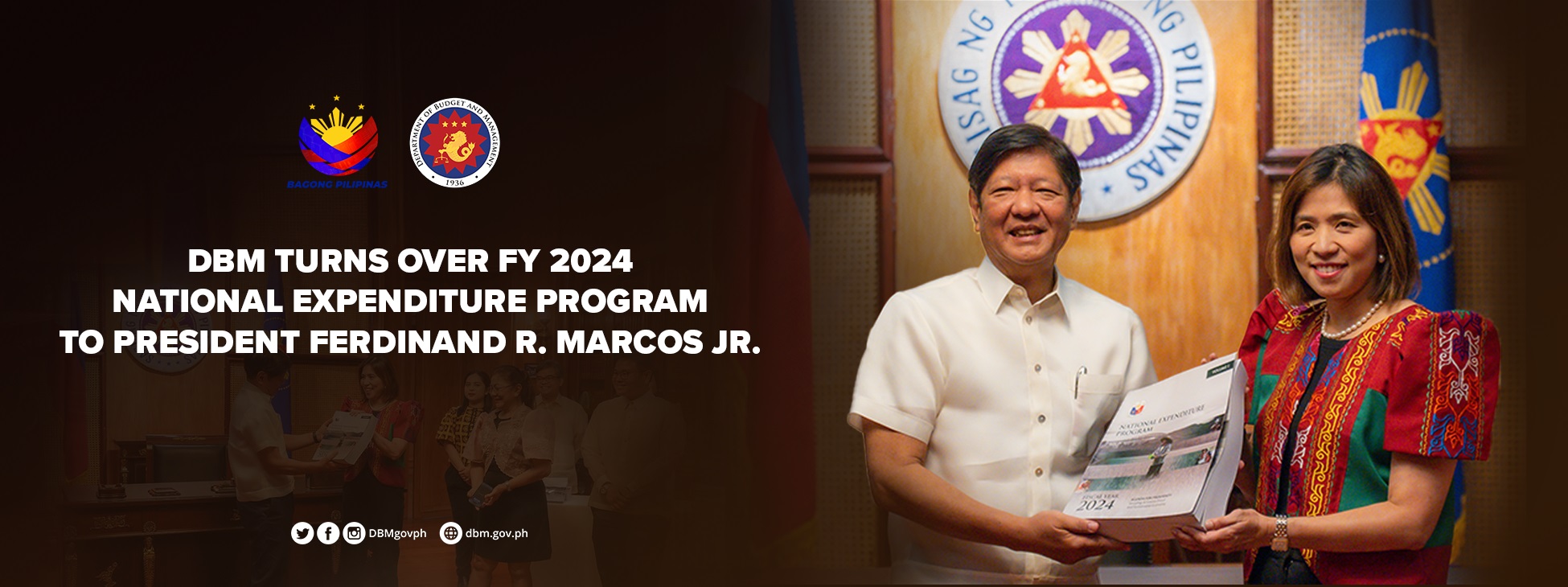As a backgrounder, the LGUs used the PFM Assessment Tool (PFMAT) to evaluate their respective PFM performance. The tool is comprised of twenty (20) indicators under seven (7) critical dimensions which primarily focus on policy-based budgeting; comprehensiveness and transparency; credibility of the budget; predictability and control in budget execution; accounting, recording and reporting; internal and external audit; and citizens’ participation.
This year, the RO virtually met with the PFM team members of various LGUs on the following schedules:
| Batangas | Laguna | Rizal | |||||
| Tuy | Oct. 22 | Alaminos | Oct. 28 | Binangonan | May 11 | ||
| Laurel | Dec. 2 | Los Baños | Nov. 3 | Jalajala | June 2 | ||
| Calaca | Calamba City | Dec. 7 | Morong | May 25 | |||
| Agoncillo | San Mateo | May 26 | |||||
| Gen. E. Aguinaldo | Oct. 25 | Agdangan | Nov. 23 | ||||
| Naic | Oct. 26 | Catanauan | Nov. 5 | ||||
| Silang | Oct. 28 | Gen. Luna | May 5 | ||||
| Maragondon | Nov. 25 | Panukulan | Nov. 8 | ||||
| Amadeo | Perez | Nov. 11 | |||||
| Mendez-Nuñez | Pitogo | Nov. 12 | |||||
| Kawit | Nov. 26 | Polillo | Nov. 15 | ||||
| Tanza | Real | Nov. 16 | |||||
| Ternate | Quezon | Nov. 18 | |||||
| San Antonio | Nov. 19 | ||||||
| Tiaong | Nov. 24 | ||||||
On Policy-Based Budgeting, the DBM PFM Team noted that during the FY 2019 assessment, majority of the LGUs recorded low scores under Multi-year Perspective in Fiscal Planning and Budgeting due to the absence of a duly approved Comprehensive Development Plan (CDP) and Updated Local Development Investment Program (LDIP). To date, a number of LGUs have already crafted and approved their respective CDP and updated their LDIP through the assistance of the Department of the Interior and Local Government and/or through employed consultants. Also, among the major observations of the DBM PFM Team is on the financial self-reliance of Local Economic Enterprises (LEEs). While some LGUs have LEEs such as market, slaughterhouse, fish port, etc., its creation was not supported by a Sanggunian Ordinance. Further, some LEEs are still heavily subsidized by the LGU. As such, the DBM emphasized and reminded the LGUs to recalibrate their strategies and assess whether or not to continue utilizing LEEs as means of service delivery.
During the activity, it was found that most of the LGUs are still financially challenged in adopting a computerized database system, while some are awaiting the directives of their provincial governments and roll-out of the systems they developed. Further,LGUs revealed that they faced hurdles during the pandemic on real property collection. As a result, their respective provincial governments implemented policies such as tax amnesty, compromise agreements, etc. to aid, not only the LGUs in their collection targets, but also their constituents. In the same manner, LGUs are encouraged to intensify their local revenue generating activities in preparation for the devolution of functions, services and facilities from the national government. Likewise,with all of the derived resources, the DBM PFM Teamadvised the LGUs to prepare a cash flow forecast and analysis to anticipate the receipts and disbursements of the LGU on a quarterly, which may aidthe LGUPFM team members in the planning process, particularly on effectively plottingthe implementation period of PPAs. Thereby, delivering the services needed by their constituents in a timely manner.
On Internal and External Audit, several LGUs are already working on the establishment of a functional Internal Audit Unit/Service where positions were already created. However,majority of the said positions in various LGUs are yet to be filled-up. On the other hand, among the recurring audit recommendations of the Commission on Audit in most number of LGUs validated is the reconciliation of inventory of property, plant and equipment. As one of their improvement policies, the LGU PFM teams created their respective Inventory Committees, to resolve the matter—with cognizance that the process may take a number of years.
The last dimension of the PFM is on citizens’ participation, and it is eagerly noted that all LGUs listed above involves civil society organizations (CSOs) local budget processes in varying extent. Previously, CSOs were only heavily involved in the planning stage/formulation of the budget, as members of the Local Development Council. To date, majority of the LGUs have already established their project monitoring committees (PMCs) which included CSOs among the members. LGU PFM Teams concur that CSOs boost the checks and balances in the local government. The DBM team recommended the LGUs to continuously strengthen CSO engagement in their localities. Since CSOs are always in consultation with the sectors they represent, organizations may be able to provide an alternative perspective in resolving issues faced by the LGU.
On a final note, the DBM team underscored that the PFM assessment is not just a compliance requirement as it may reveal important challenges and opportunities which may strengthen the LGUs in face of full devolution and in a COVID-19 impacted world. As such, LGUs are encouraged to continue their collaborative efforts to enhance their PFM systems and improve their service delivery for the benefit of their constituents.
PFM Validation with General Emilio Aguinaldo, Cavite – October 25, 2021
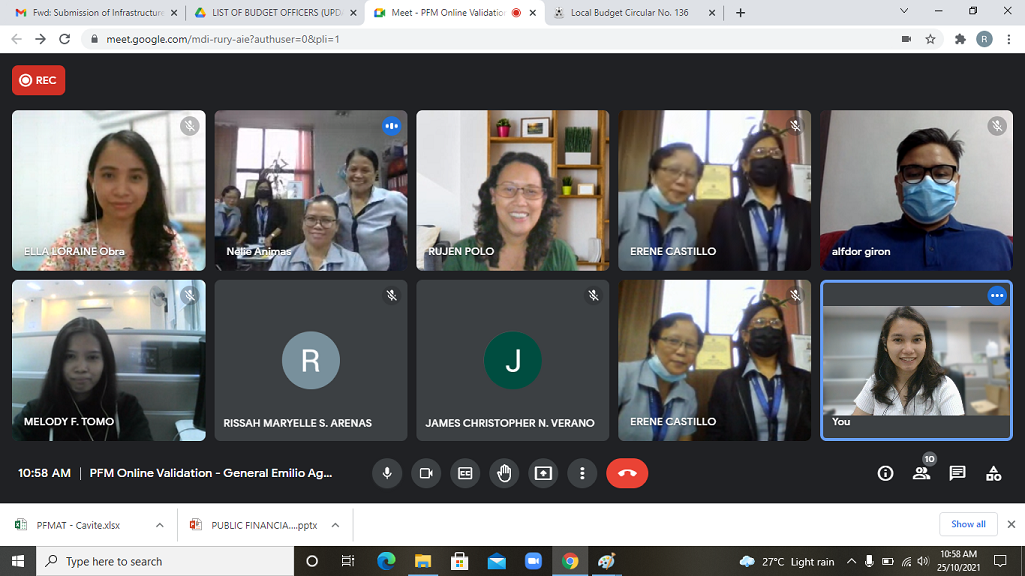
PFM Validation with Alaminos, Laguna – October 28, 2021

PFM Validation with Catanauan, Quezon – November 5, 2021

PFM Validation with Panukulan, Quezon – November 8, 2021
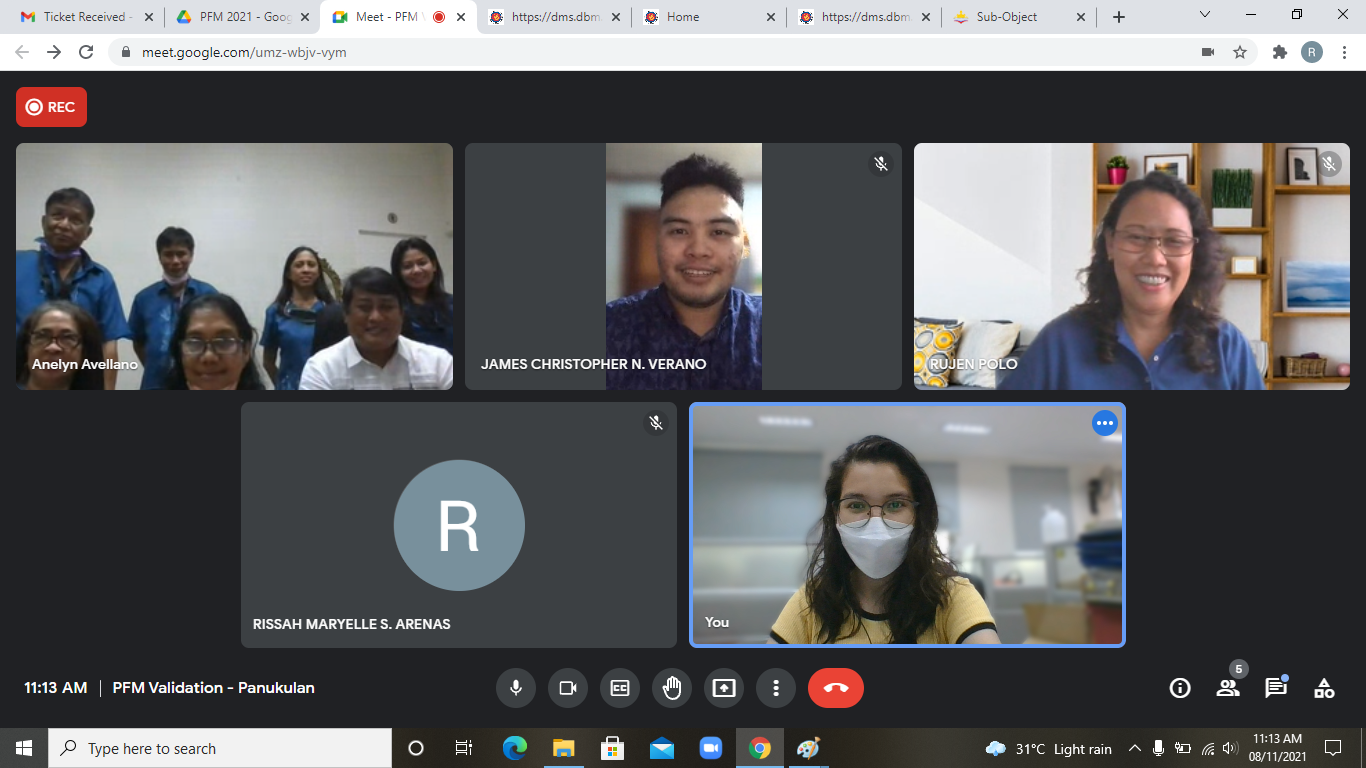
PFM Validation with Pitogo, Quezon – November 12, 2021

PFM Validation with Real, Quezon – November 16, 2021

PFM Validation with Agdangan, Quezon – November 23, 2021

PFM Validation with Tiaong, Quezon – November 24, 2021

PFM Validation with Calaca, Batangas – December 2, 2021

PFM Validation with Calamba City – December 7, 2021
